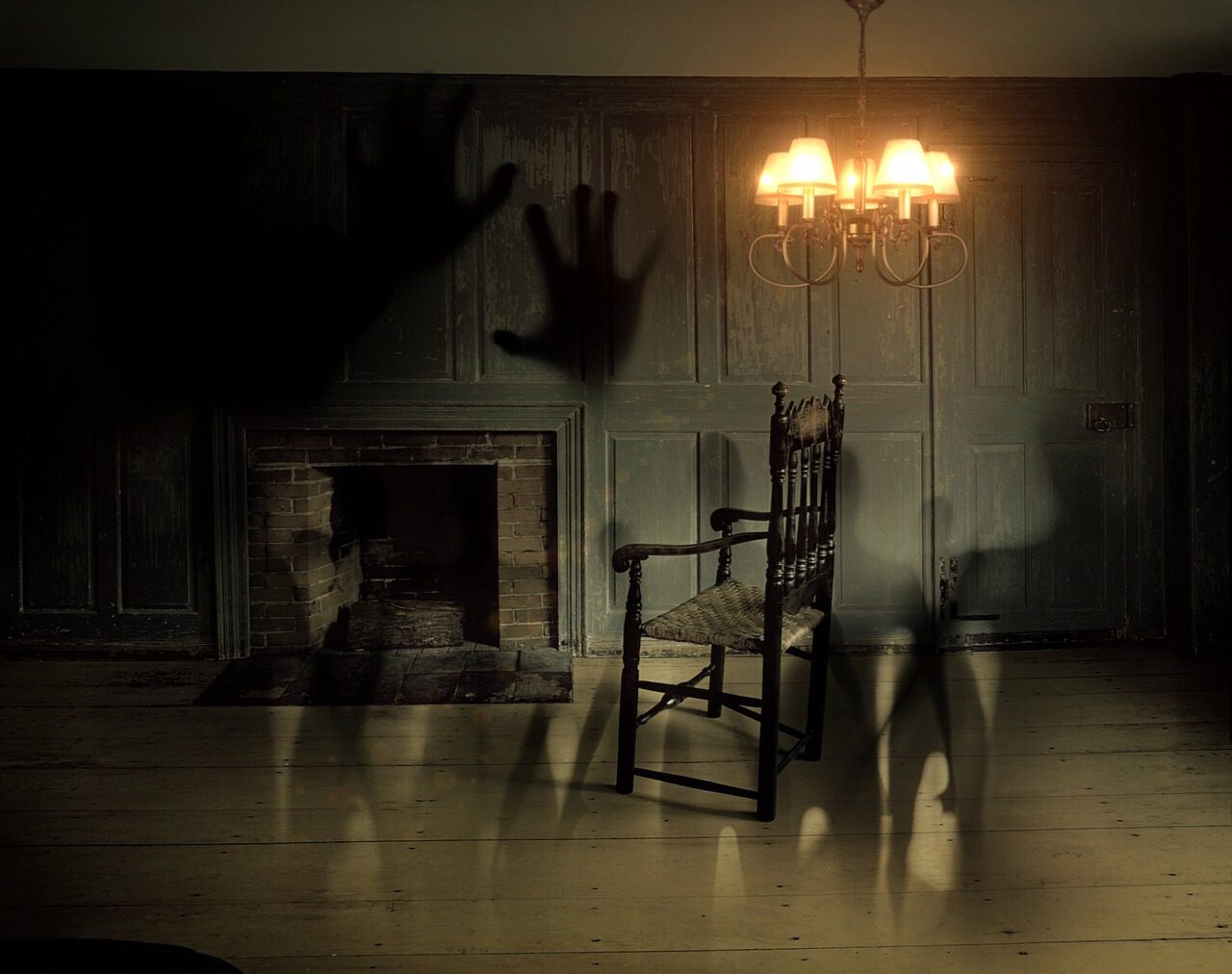Tips for Escape Room Game Master Excellence
By and large, escape rooms are curated experiences. In most cases, this important task is handled by intrepid game masters, who monitor the game and provide guidance. Sometimes in the room, sometimes out of the room, sometimes in character, but always of paramount importance: Great GMs can create and enhance world class experiences. And we at Puzzle Break work diligently to ensure our game masters help to deliver a time our players will never forget. Excellent game mastering comes in many shapes and sizes, while improper game mastering have many universal hallmarks.
Game masters have ultimate control over the escape room experience. For better or for worse.
There is no such thing as the perfect one-size-fits-all escape room experience. Each and every team of players brings different levels of experience, group dynamic, and skills. It is up to the game master to ensure 100% of players get the absolute most of the experience.
Game Mastering Tip #1: Give the right hints at the right time.
Giving hints in an escape room is an art form. An excellent GM must know exactly what hints to give for the situation, and when to give them.
Hints must contain the right level of information. A proper hint must contain enough information to nudge the team in the right direction while simultaneously opaque enough to allow the players to feel satisfaction when they eventually conquer their objective.
Give hints too often, and the players are robbed of precious “A-ha!” eureka moments. Not often enough, and players can get stuck for too long, enthusiasm can be thwarted, and frustration will diminish the experience.
There is no hard and fast rule for how many hints is “correct”. As I’ve said, each group and game is different, and a master-level GM will know in their bones what’s appropriate. Frequently, the biggest challenge in this area is for well-meaning GMs to hold their tongues. The other biggest challenge?
Game Mastering Tip #2: Have complete knowledge of the game and team progress.
A common refrain I hear from players of less-than-good escape room experiences is the hints they received had nothing to do with their situation, or contained information they already knew. This is awful, and can ruin even the most world-class escape rooms. There are two root causes for this problem:
-
Game masters not paying full attention to the game
This is an unfortunately systemic problem I see at many, many places. In an effort to save costs at ill-advised companies, GMs are often monitoring more than one game. This is very bad. At Puzzle Break, we have a minimum of 1:1 GM:room ratio, and in some cases up to 3:1! This ensures our game masters have full and complete knowledge of each and every player’s progress, allowing for the most surgical of hints.
-
Game masters not having intimate knowledge of the game content.
This is less common, but even worse. Giving proper guidance to players requires full and complete knowledge of every aspect of the experience. Regretfully, we sometimes see untrained GMs tasked with curating an experience they have no hope of doing correctly. At Puzzle Break, our game masters go through intensive (borderline ridiculous) training and testing on each experience before they are considered to run a game solo.
In-fiction game masters can be sidekicks…or villains.
Game Mastering Tip #3: If appropriate, in-room staff are able to provide the best curation.
This is a controversial stance I feel strongly about: Game masters in the room with the players are equipped to provide the absolute best game curation imaginable. GMs who remotely monitor games have comparatively limited information with which to do their jobs. In-room GMs have complete knowledge of every player’s strengths, weaknesses, attitude, and game progress. This information is incalculably valuable. Additionally, in-room GMs can be given an in-fiction acting role to further enhance the immersion. Last but not least, in-room GMs are able to give subtle hints that don’t disrupt the experience. However, finding great staff who can pull all this off is challenging, and for smaller experiences, in-room GMs can become awkward for players and not worth the trade-off.
At Puzzle Break, some of our larger experiences feature in-room game masters and our smaller experiences typically feature remote GMs. As with many things in this arena, there is no monopoly on the right way to do things.
-Nate
Tags:
Want to get blog updates ( and only blog updates )?
2 Comments




Leave a Reply
Recent posts






Cruise Taker’s Guide to Turks and Caicos: What to do on the Ship and on the Island








I’ve read several good stuff here. Certainly worth bookmarking for revisiting. I wonder how so much attempt you set to create this kind of great informative website.
Dude these articles have been great. Thank you for helping me.